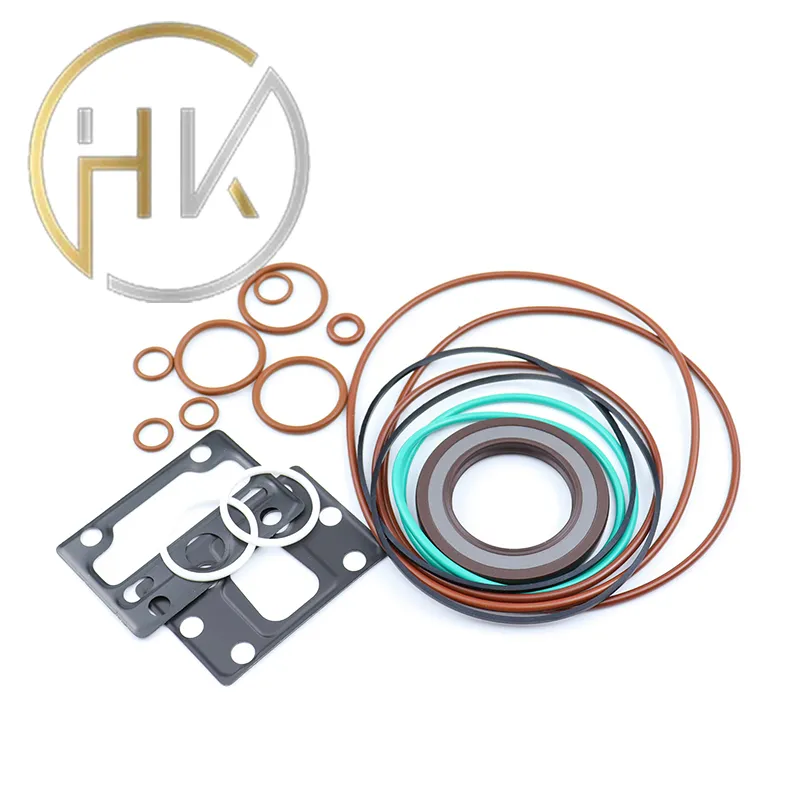Sep . 08, 2024 00:00 Back to list
oil wiper ring
The Role of Oil Wiper Rings in Engine Performance
Oil wiper rings are essential components in internal combustion engines, playing a critical role in maintaining optimal engine performance and longevity. Positioned around the piston, these rings serve to control the amount of oil that interacts with the combustion chamber, thus ensuring efficient operation. Understanding their function and importance can provide insights into engine health and maintenance.
At their core, oil wiper rings are designed to prevent excessive oil consumption while minimizing oil entering the combustion chamber. They create a barrier that allows for a thin film of oil to remain on the cylinder walls, reducing friction between the piston and the cylinder and thereby enhancing the overall efficiency of the engine. This oil lubrication is vital not just for reducing wear and tear, but also for dissipating heat generated during combustion.
When the engine operates, the pistons move rapidly within the cylinder. The oil wiper rings scrape off excess oil from the cylinder walls during the piston's downward stroke. This scraping action ensures that only the requisite amount of oil coats the walls, providing lubrication while preventing the build-up of carbon deposits from burned oil. If too much oil gets past the wiper rings, it can lead to increased oil consumption, poor combustion, and ultimately, a decrease in engine performance.
oil wiper ring

Furthermore, the integrity and condition of oil wiper rings are crucial for maintaining an efficient engine. Worn or damaged rings can result in excessive oil consumption and lead to issues such as engine knocking, reduced power output, and increased emissions. Regular engine maintenance should include checking these rings, especially in high-mileage vehicles, to ensure they are functioning correctly.
In modern engines, manufacturers have developed advanced oil wiper ring designs that improve performance and oil control. These innovations include the use of various materials and coatings that enhance durability, resistance to wear, and thermal performance. As technology continues to evolve, so too does the role of oil wiper rings in ensuring that engines can meet higher standards of efficiency and emissions control.
In conclusion, oil wiper rings are small yet vital components that significantly impact engine performance. By effectively managing oil flow and ensuring proper lubrication, they help enhance engine efficiency and longevity. Regular maintenance and timely replacement of these rings can lead to a smoother, more efficient engine operation, saving drivers money and extending vehicle lifespan. As engineers continue to innovate, the importance of these rings will only grow in the pursuit of high-performance engines.
-
Wiper Oil Seal: Our Commitment to Clean Hydraulics
NewsAug.13,2025
-
Hydraulic Oil Seal for Self Discharging Cars
NewsAug.13,2025
-
Hub Oil Seal for Agricultural Tractor Hubs
NewsAug.13,2025
-
Skeleton Oil Seal with NBR Material
NewsAug.13,2025
-
Rotary Lip Seal for High Pressure Applications
NewsAug.13,2025
-
Cylinder Seal Kits Our Legacy of Hydraulic Trust
NewsAug.13,2025
-
Unlocking the Potential of Hydraulic Systems with Essential Sealing Solutions
NewsAug.06,2025
Products categories
















